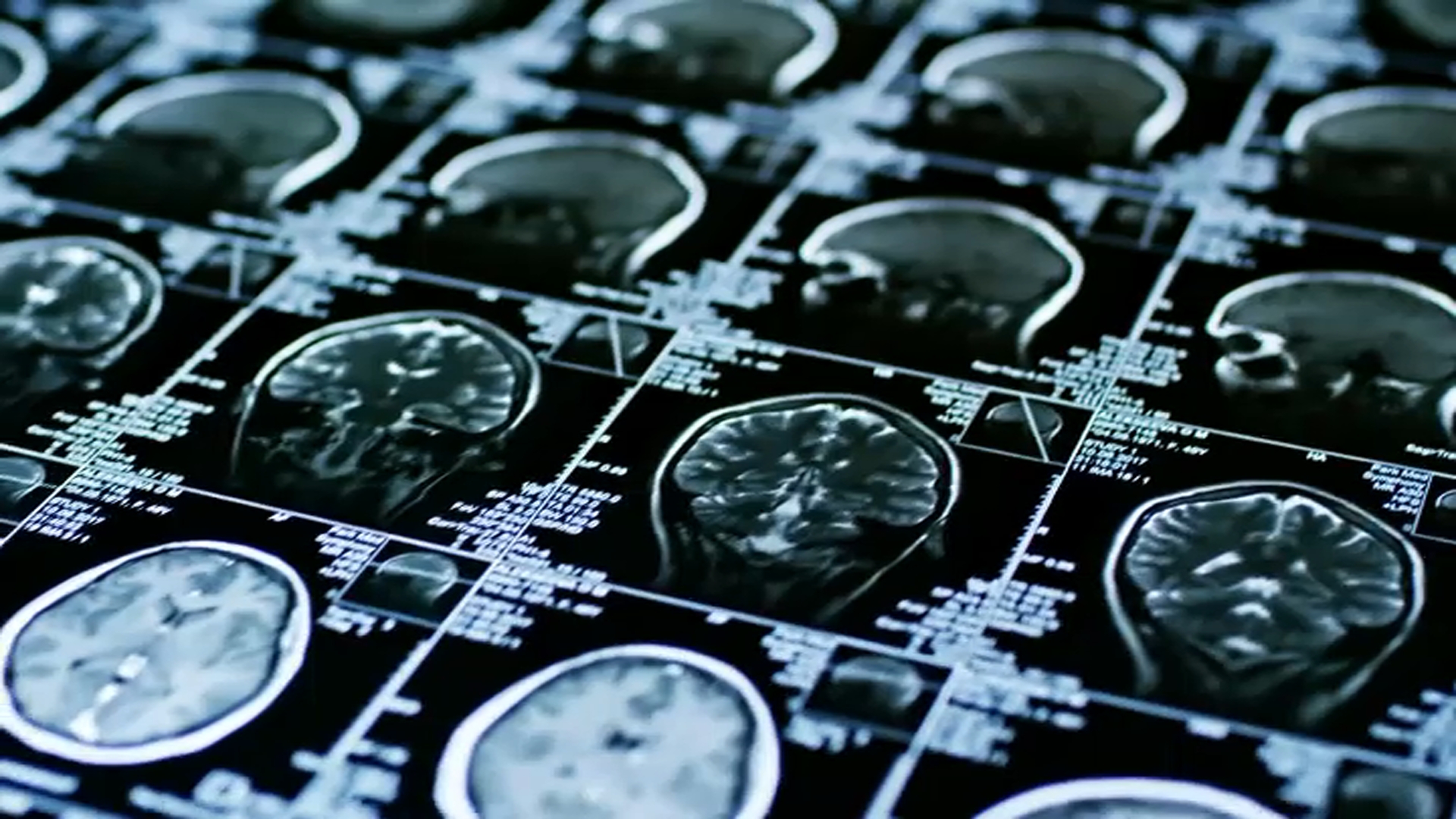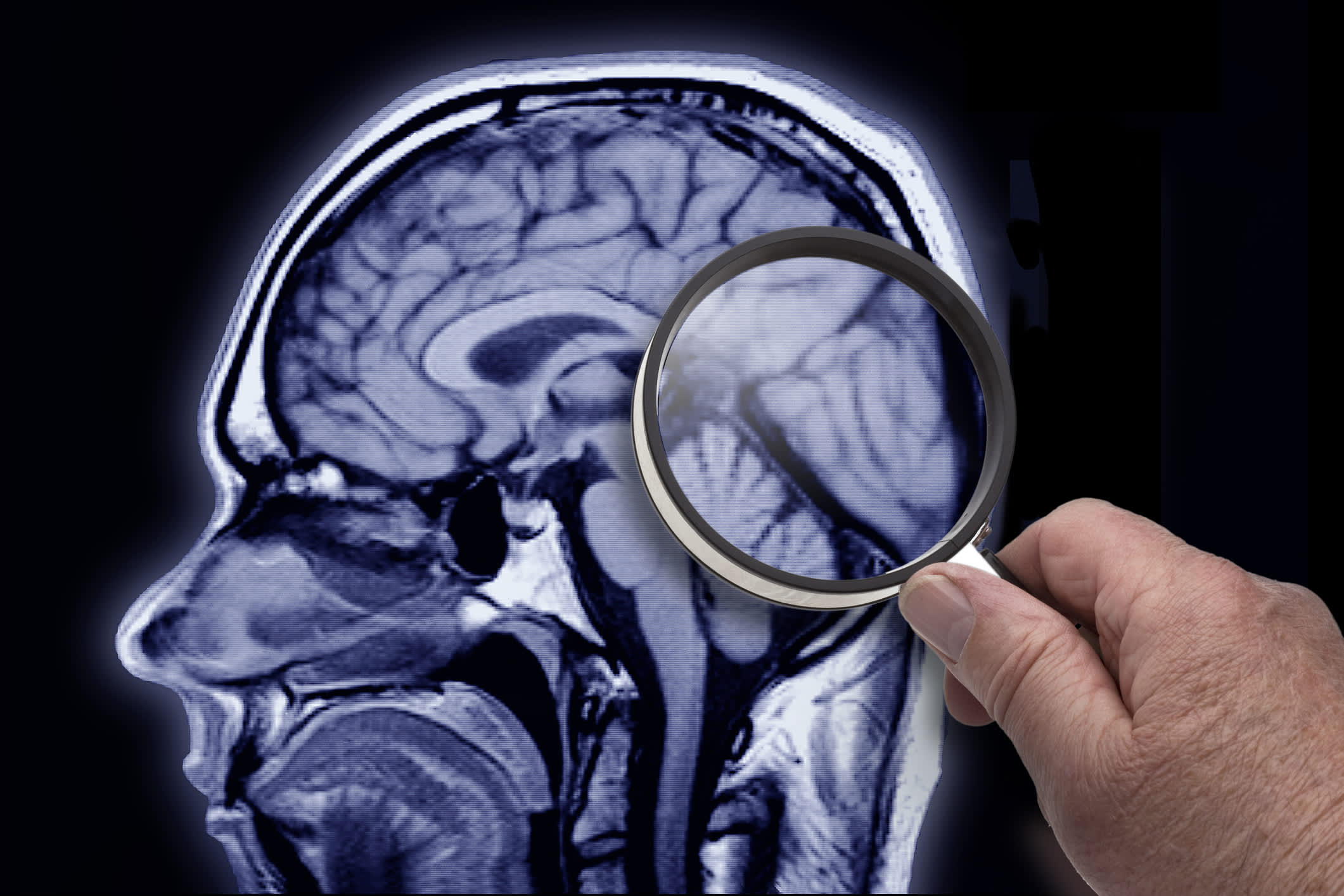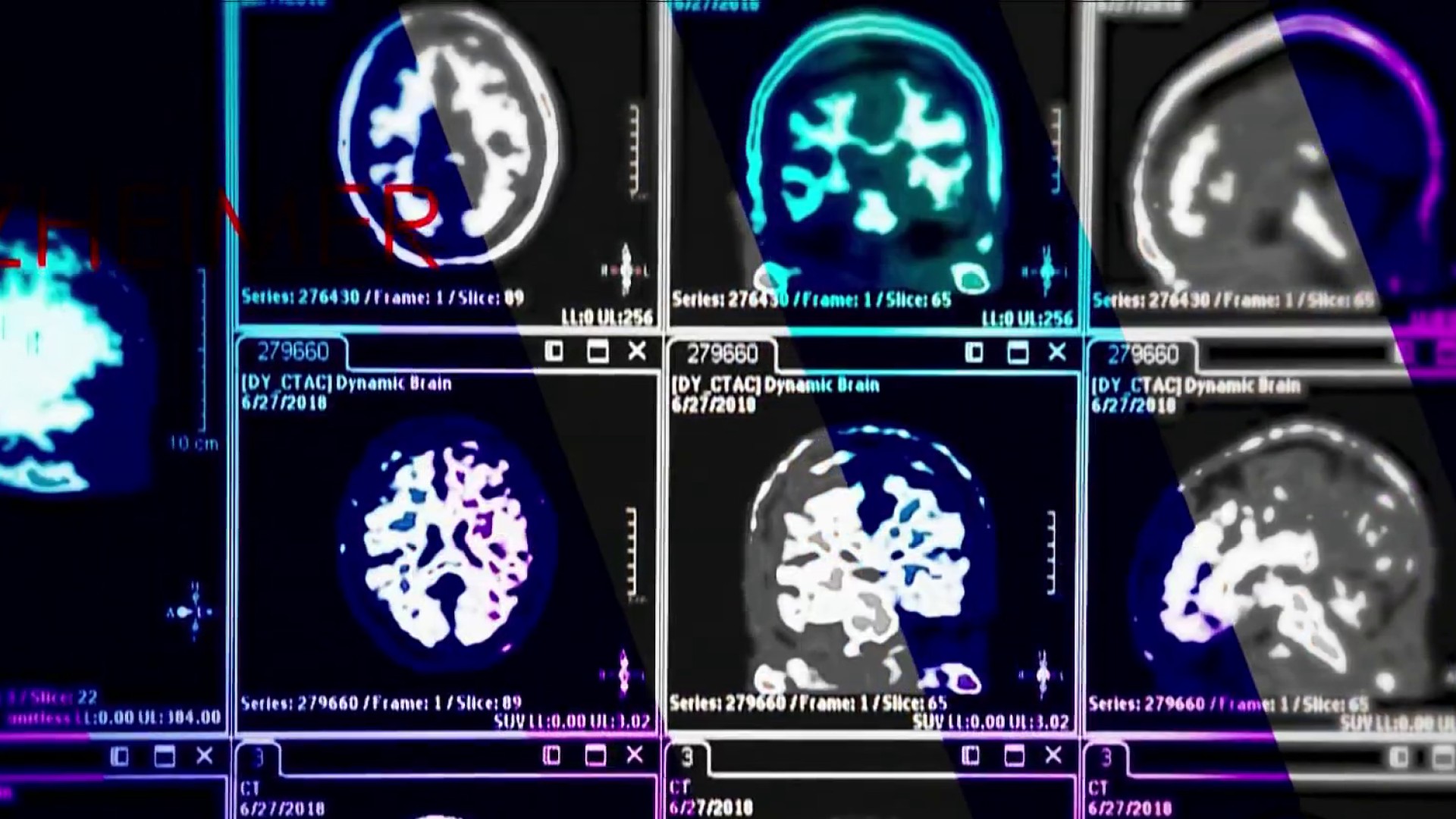Alzheimer's is not just a disease of old age.
Researchers say there's been an alarming increase among adults in their 40s and 50s who have been diagnosed with the disorder. That has ripple effects on the family members of those younger patients, who often fill caregiving roles.
Two Northern Virginia sisters, whose mother died of the mind-robbing disease, want others to know what to look out for, and what can help.
Friends and family of Holly Davis called her Hurricane Holly -- a true force of nature.
We've got the news you need to know to start your day. Sign up for the First & 4Most morning newsletter — delivered to your inbox daily. >Sign up here.
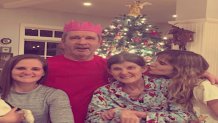
"She was a fierce friend, a fierce mom, a fierce worker," said Madeline Davis, one of Holly's daughters. She did everything with such passion, but God forbid, if you got her riled up too much, the hurricane came out."
Madeline and her sister, Tenley Davis, say Holly loved her job as a commercial real estate broker. She was always on the go.
That's why it seemed odd when she started missing meetings.
"I was like, oh, this is beyond what I'm noticing at home. This is much bigger," Madeline said.
Over the years, the Alexandria mom became more forgetful and the changes in her demeanor became harder to ignore. Once an avid reader, she was no longer able to read, and had trouble communicating.
Holly underwent a series of cognitive tests, and was later diagnosed with early onset Alzheimer's disease, as well as frontotemporal dementia -- the same condition Bruce Willis has.
Holly was only 51 years old when she was diagnosed.
"It's very overwhelming, and it takes an emotional toll," said Tenley.
Early-onset Alzheimer's is still rare. Only 5% to 10% of cases are diagnosed in people under the age of 65.
But those numbers are on the rise in recent years, with a 200% increase in Alzheimer's diagnoses among people between age 30 and age 64.
According to the Alzheimer's Association, the lifetime risk for Alzheimer's at age 45 is 1 in 5 for women and 1 in 10 for men. (The lifetime risk of a disease is the risk of developing that disease between a given age and death.)
The Davis sisters were stunned, especially since Holly didn't have any genetic markers for Alzheimer's.
But they soon found ways to cope, using music to connect with their mom, and developing their own special language to communicate.
"The most important thing with the loss of speech was never being like, 'What? What do you mean?' Or trying to dissect it. It's just going with the flow, making them feel normal," said Tenley.
Nationwide, more than 16 million family members or friends will care for someone with Alzheimer's or dementia. For many, it consumes their lives.
"She was a 24-hour job," said Tenley. "She could not feed herself. She cannot walk alone. It was... it was hard."
Eventually, as the brain disorder worsened, Holly moved into a memory care facility. She passed away in January 2022.
Her family says they struggled in the days and months that followed.
"I was looking for support groups and I went to one, and I was the only one who didn't have gray hair," said Madeline. "It's really important for folks to know, you know, you're not alone, which is a blessing and a curse."
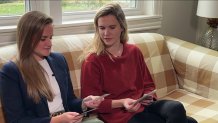
That's why the Davis sisters are sharing their story, so others know they're not alone. They're now moving forward with purpose -- keeping their mom's memory close as they go.
"I've always tried to live by the rule of, you know, if she were here, make her proud, you know. Do exactly what she would have wanted you to do. Some days it's easier than others, but you have to keep going forward."
It's normal to forget things as we age, but if your memory problems start to impact your life, like your job, driving, or communicating, it's important to seek medical attention.
Since healthcare providers generally don't look for Alzheimer's in younger people, getting an accurate diagnosis can be a long and frustrating process. But an early diagnosis is crucial to increase the types of treatments available and help to slow the progression of the disease.

